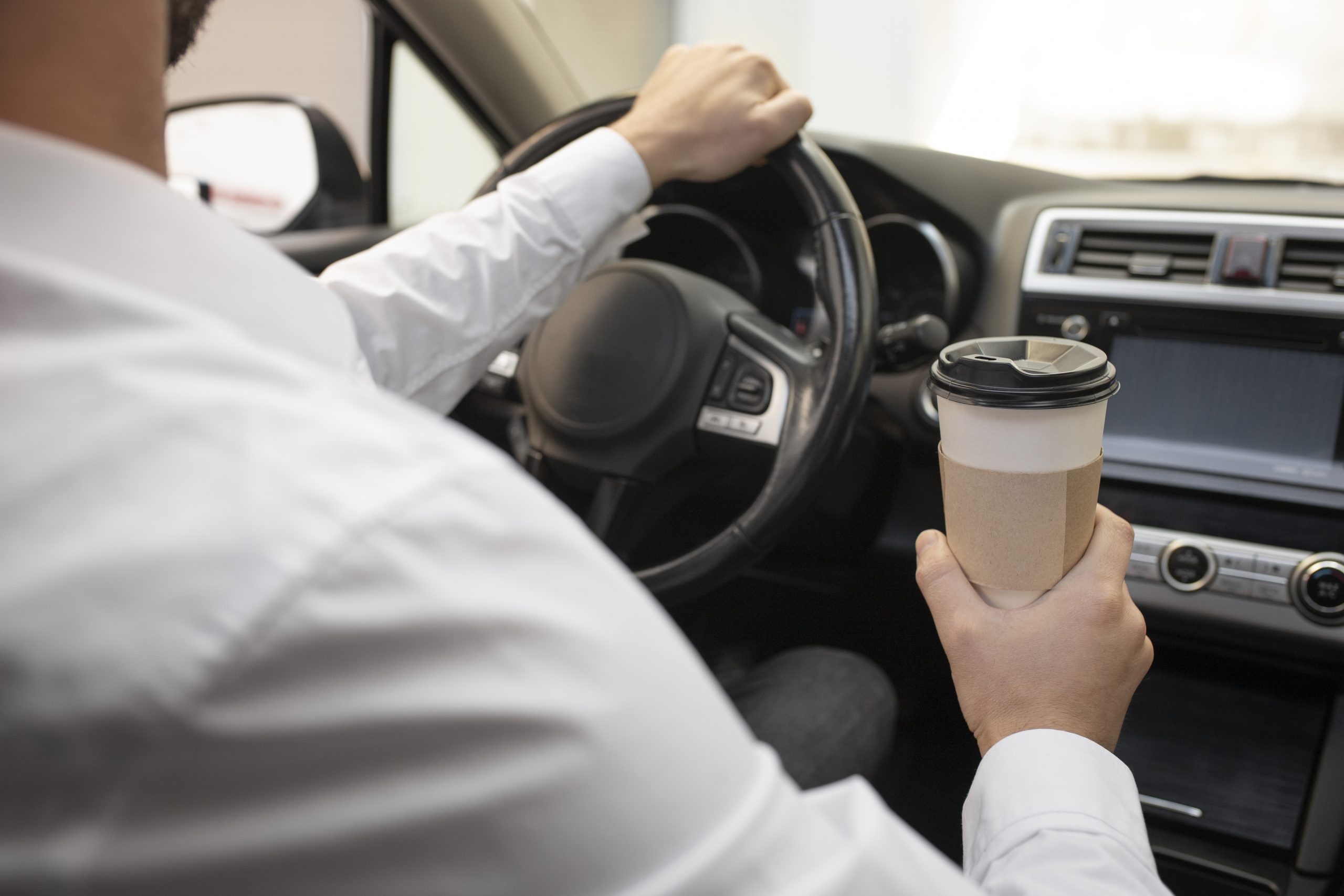

According to government data, fatigue was a role in 1,195 collisions in 2021, but there is a lack of knowledge on what OSA sufferers – a demographic at elevated risk of driver sleepiness – should do if they feel fatigued while driving. Professor Ashleigh Filtness, a specialist in Transport, Human Factors, and Sleep Science in the School of Design and Creative Arts, will assess the effectiveness of a ‘caffeine naps’ – in which drivers have a caffeinated drink and a 15-minute nap – as a countermeasure to driving tiredness in OSA patients.
The Road Safety Trust-funded initiative will produce an evidence-based guideline for best practice, which will subsequently be distributed to OSA patients, clinicians, and the Driver and Vehicle Standards Agency (DVSA).
“Sleepiness is a natural part of everyday life,” stated Professor Filtness. Everybody gets fatigued every day, thus every motorist should know what to do if they get tired while driving.
“Having a caffeinated drink and a 15 minute nap, if possible, helps to temporarily alleviate tiredness. This countermeasure of a ‘caffeine naps’ has been evaluated in laboratory settings, however, it is not known how or if drivers put this advice into practice in the real world.
“Additionally, while this advice is likely to be appropriate for the vast majority of people, for some its efficacy has not been tested and it could be that alternative advice may be more effective.
“One such group is OSA patients. OSA patients would routinely be advised to sleep on their side and use a continuous positive air pressure machine while sleeping, neither of which is practical when having a nap in a vehicle.
“This project will undertake a focused investigation to develop appropriate guidance for OSA patients and their physicians. Being alert when driving is everyone’s responsibility, so it is important that we all have access to accurate information to help manage driver sleepiness.”
Sonya Hurt, chief executive of The Road Safety Trust, added: “Driver fatigue causes hundreds of collisions a year. It is a really serious issue.
“This project can play a big role in alleviating risk for drivers who suffer with OSA, through establishing the best practice for so-called caffeine naps.”
more recommended stories
 Red Blood Cells Improve Glucose Tolerance Under Hypoxia
Red Blood Cells Improve Glucose Tolerance Under HypoxiaKey Takeaways for Clinicians Chronic hypoxia.
 Nanoplastics in Brain Tissue and Neurological Risk
Nanoplastics in Brain Tissue and Neurological RiskKey Takeaways for HCPs Nanoplastics are.
 AI Predicts Chronic GVHD Risk After Stem Cell Transplant
AI Predicts Chronic GVHD Risk After Stem Cell TransplantKey Takeaways A new AI-driven tool,.
 Red Meat Consumption Linked to Higher Diabetes Odds
Red Meat Consumption Linked to Higher Diabetes OddsKey Takeaways Higher intake of total,.
 Pediatric Crohn’s Disease Microbial Signature Identified
Pediatric Crohn’s Disease Microbial Signature IdentifiedKey Points at a Glance NYU.
 Nanovaccine Design Boosts Immune Attack on HPV Tumors
Nanovaccine Design Boosts Immune Attack on HPV TumorsKey Highlights Reconfiguring peptide orientation significantly.
 High-Fat Diets Cause Damage to Metabolic Health
High-Fat Diets Cause Damage to Metabolic HealthKey Points Takeaways High-fat and ketogenic.
 Acute Ischemic Stroke: New Evidence for Neuroprotection
Acute Ischemic Stroke: New Evidence for NeuroprotectionKey Highlights A Phase III clinical.
 Statins Rarely Cause Side Effects, Large Trials Show
Statins Rarely Cause Side Effects, Large Trials ShowKey Points at a Glance Large.
 Anxiety Reduction and Emotional Support on Social Media
Anxiety Reduction and Emotional Support on Social MediaKey Summary Anxiety commonly begins in.

Leave a Comment